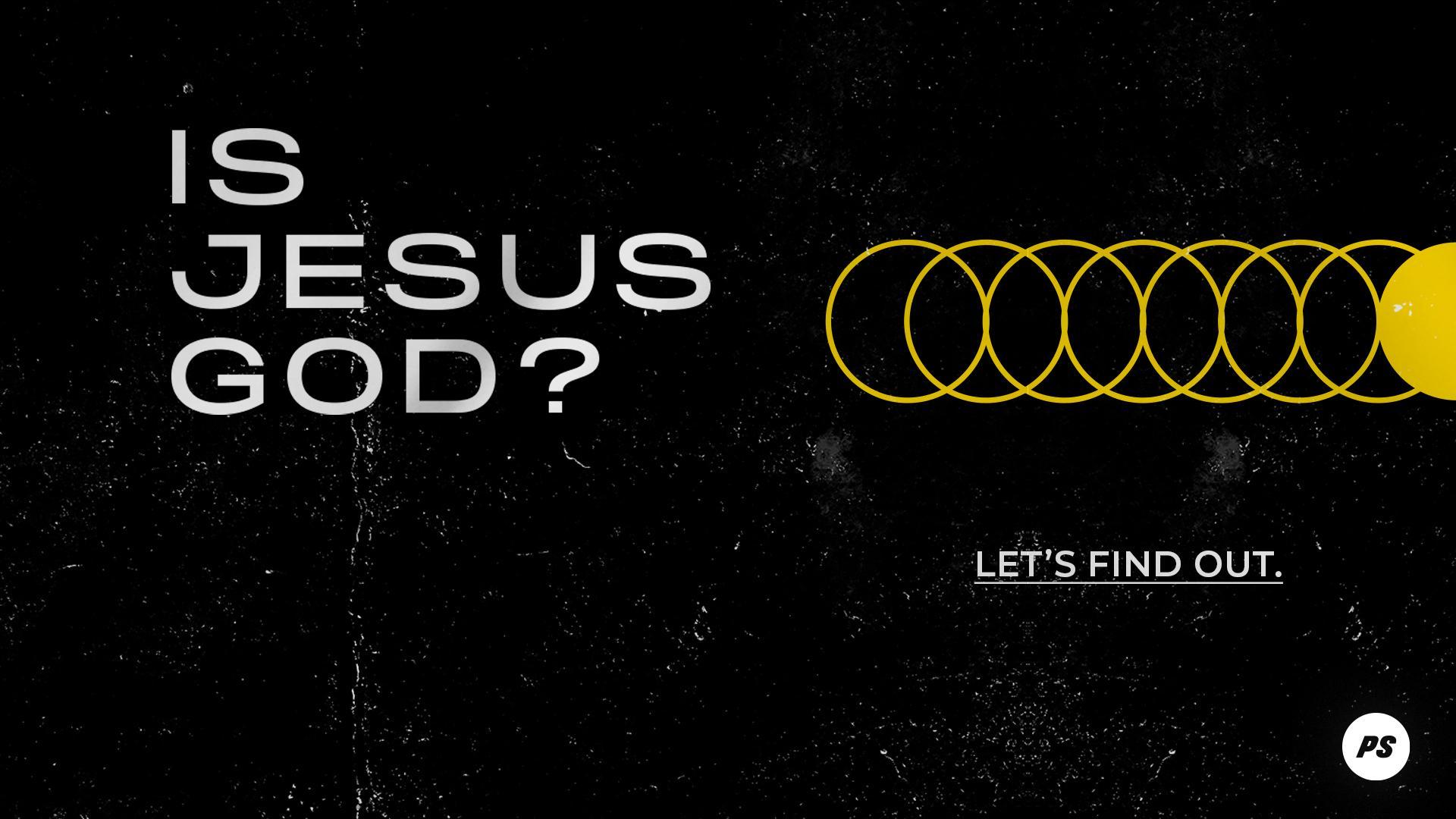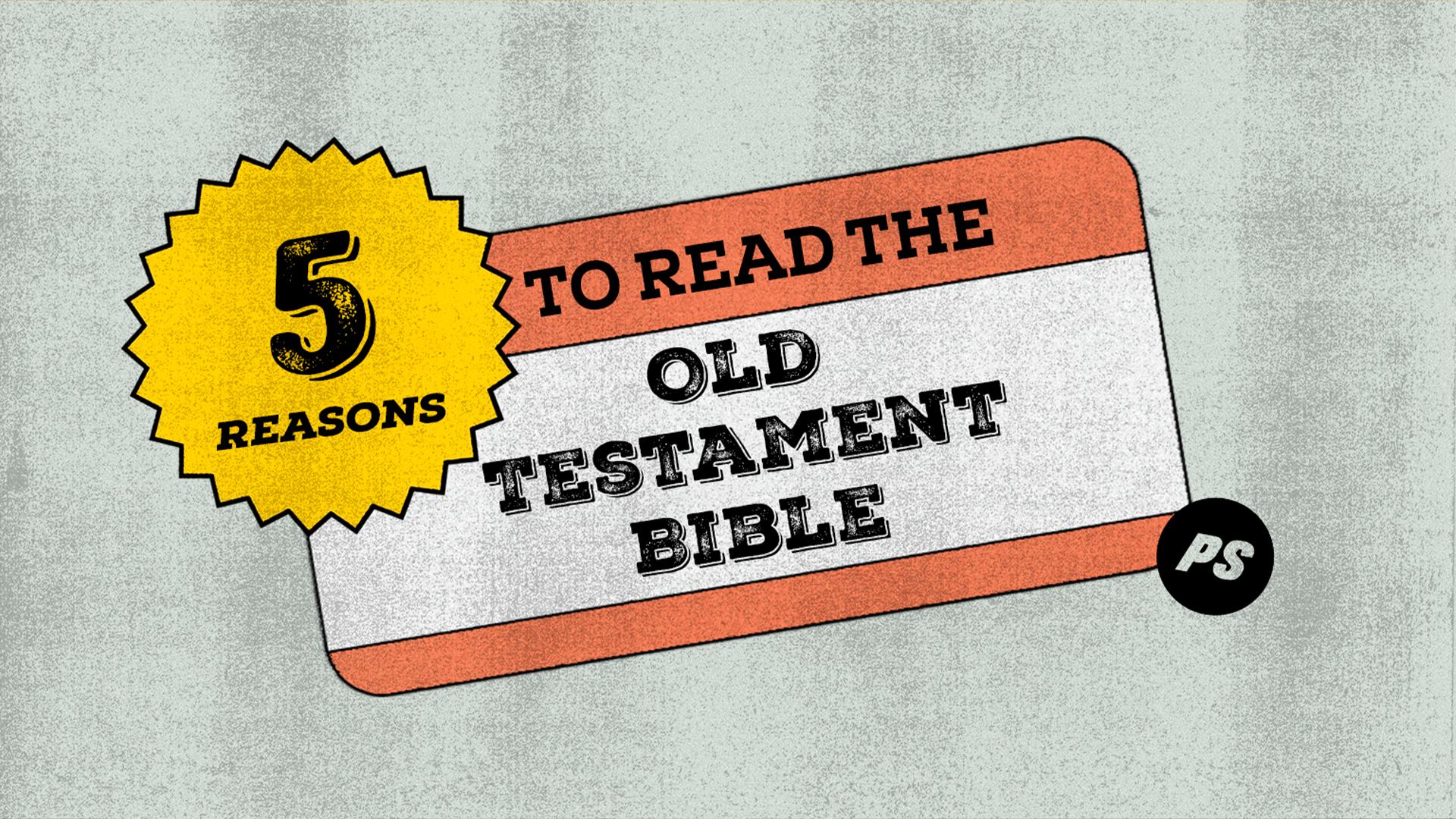The teaching that Jesus is God, is a core theological belief of Christianity. Ever since the birth of the Church, Jesus’ disciples taught that He was fully divine. In the year 325 AD, the early church summarised Christ’s divinity with a statement called the Nicene Creed, teaching that Jesus was, “very God of very God,” “of the same substance as the Father” and that “all things were created by Him.”
The inquisitive among those of you reading this may wonder though, does the Bible actually teach that Jesus is divine and does Jesus Himself really claim to be God? Is God and Jesus the SAME person? How could Jesus be God? Furthermore, how was Jesus human AND divine at the same time? These are the questions we will be answering as we go.
What Does the Bible Say?
Some of the most interesting conversations I have are with strangers I meet on trains, buses, planes and in airports. On one occasion, I had just returned from a tour with the Planetshakers band and was waiting to be picked up from the airport. A very nice man, who was one of the airport staff, came up to me and asked me about the bass guitar I had with me. I told him I played with a church band. As it turns out, this man had grown up in Africa as a Christian but in his adult years, had become convinced that a different religious worldview was true. He asked me, “Do you believe that Jesus is God?” I told him that I did. He then politely challenged me, “Where in the Bible does it say that Jesus is God?” I responded by reading him one of my favourite passages of Scripture—the prologue of the gospel of John:
In the beginning was the Word,
and the Word was with God,
and the Word was God.
He was with God in the beginning.
All things were created through Him,
and apart from Him not one thing was created that has been created.
Life was in Him,
and that life was the light of men.
The light shines in the darkness,
yet the darkness did not overcome it…
…The Word became flesh and took up residence among us.
Hopefully, you can see why this is one of my favourite passages. Making reference to the creation account in Genesis, it eloquently teaches about the humanity and divinity of “the Word”, whom John identifies as Jesus shortly after (see John 1:16-18 and 29-34). John notes a few important things. Firstly, “In the beginning was the Word.” (verse 1) Here John borrows the language from Genesis 1:1 to highlight that Jesus was there before the creation of the world because He IS the Creator. He goes on to say that Jesus was both “with God” and “was God”. Once again, the inquisitive among you will wonder how it is that Jesus WAS God as well as being WITH God. This relates to the Trinity, which we will talk about a little later. It suffices at this point to highlight the emphatic declaration that Jesus “was God”. Furthermore, “all things were created through Him,” further highlighting His role as the God who created the world.
John is not the only biblical author to testify of Christ’s divine nature. Paul too declares in Philippians 2:5-6:
In your relationships with one another, have the same mindset as Christ Jesus:
Who, being in very nature God, did not consider equality with God something to be used to his own advantage.
For in Christ all the fullness of the Deity lives in bodily form, and in Christ you have been brought to fullness. He is the head over every power and authority.
Did Jesus Himself ever claim to be God? The answer is a confident, “Yes!”
What Does Jesus Himself Say?
It is obvious from these passages (which I believe to be written under the inspiration of the Holy Spirit) that the apostles Paul and John believed that Jesus was God. But perhaps you might have the same follow-up question as my new friend at the airport did: “Does Jesus Himself ever claim to be God?” Again, the answer is a confident, “Yes!” In John 10, the Jews ask Jesus whether He is the Messiah, to which He responds, “I and the Father are one.” (John 10:30, NIV)
Perhaps even more compelling, is the altercation between Jesus and a Jewish group in the latter half of John 8. The Jews accused Jesus of blasphemy because He claimed that whoever followed Him would receive eternal life (John 8:51) — something only God could grant. The Jews challenged Him by asking if the Old Testament hero Abraham died, what gave Him the authority to grant eternal life? In response, Jesus makes an incredibly bold statement: “Before Abraham was born, I am!” (John 8:58, NIV) Importantly, Jesus is claiming that He existed before Abraham, who lived 2000 years earlier! But it goes much deeper than that.
There is a famous Old Testament passage in which God speaks to Moses in the form of a burning bush (Exodus 3). God tells Moses to go to the Pharaoh and compel him to set the Hebrews free from their slavery. A nervous Moses asks God, “Who should I say has sent me?” and God replies, “I Am who I Am. This is what you are to say to the Israelites: ‘I Am has sent me to you.’” (Exodus 3:14, NIV) God identifies Himself as “I Am”. In fact, this phrase in the original Hebrew is where we get the personal name of God, Yahweh/Jehovah. When Jesus says, “Before Abraham was born, I am,” He quotes this passage, unequivocally referring to Himself as Yahweh, the God of Israel. The Jews knew precisely what Jesus was claiming because, in the very next verse, it says they tried to stone Him. Furthermore, Jesus uses these “I am” statements throughout His various messages:
“I am the bread of life.”
“I am the light of the world.”
“I am the door.”
“I am the good shepherd.”
“I am the resurrection and the life.”
“I am the way and the truth and the life.”
“I am the true vine.”
When Jesus said, “Before Abraham was born, I am,” He was quoting a passage of scripture in Exodus 3:24, unequivocally referring to Himself as Yahweh, the God of Israel.
I am trying here to prevent anyone saying the really foolish thing that people often say about Him: "I'm ready to accept Jesus as a great moral teacher, but I don't accept His claim to be God." That is the one thing we must not say. A man who was merely a man and said the sort of things Jesus said would not be a great moral teacher. He would either be a lunatic—on a level with the man who says he is a poached egg—or else he would be the Devil of Hell. You must make your choice. Either this man was, and is, the Son of God: or else a madman or something worse. You can shut Him up for a fool, you can spit at Him and kill Him as a demon; or you can fall at His feet and call Him Lord and God. But let us not come with any patronising nonsense about His being a great human teacher. He has not left that open to us. He did not intend to.
How Can Jesus Be God?
We have established that the Bible teaches that Jesus is God. The question that remains, however is, “How?” More specifically, how can Jesus be human and divine? To answer this, we will need to briefly look at the two great paradoxes of the Christian faith— the Trinity and the incarnation. Let’s start with the Trinity.
You may recall that earlier we looked at the way John says Jesus was both “with God” and “was God.” (John 1:1) This is one of a number of Bible verses that contribute to our understanding of the Trinity. The doctrine of the Trinity, simply put, is that God is one substance, three persons. The three persons are the Father, the Son and the Holy Spirit. These persons are distinct. The Father is not the Son, nor is the Son the Holy Spirit, yet all three persons are God. Confusing? A little bit, but a God that can fit neatly into our human understanding wouldn’t really be God, would He? So Jesus, the Son, was with God in the sense that He was WITH the Father and the Holy Spirit. Yet at the same time, He was God in the sense that the Son IS God.
John goes on to say in verse 14, “The Word became flesh and dwelt among us.” This is what we call the incarnation. The word ‘incarnation’ literally means, “putting on flesh” and is a theological term we use to talk about the way God became a human being. Notice that Jesus didn’t begin to exist when He was conceived by Mary. Rather, He is eternally pre-existent and present before the creation of the world. Earlier, we quoted Philippians 2:5-6. This passage actually concerns the incarnation:
[Jesus] who, being in very nature God, did not consider equality with God something to be used to his own advantage; rather, he made himself nothing by taking the very nature of a servant, being made in human likeness. And being found in appearance as a man, he humbled himself by becoming obedient to death— even death on a cross!
The gospel (good news) that Jesus came to preach is that God had become a man and would sacrifice Himself in order to save us.
Why Would God Become a Man?
The incarnation is difficult, if not impossible, to fully understand and you may be left wondering why God would humble Himself to become a man in the first place?
In the 4th century, a Christian named St. Athanasius set out to answer this question in his book, On the Incarnation. He said that there was a problem that only the incarnation could solve and called it the divine dilemma:
- God created a perfect world and the crown of His creation was humanity, whom He created for fellowship with Himself. Humans had direct relationship with God and there was no sickness or disease. (Genesis 1 and 2)
- The first humans, Adam and Eve, were tricked by the devil and disobeyed God. From then on, mankind has continued to follow that pattern. Disobedience is called sin and sin creates a barrier between fallen humanity and a perfect God. Death and suffering entered the world as a result (Genesis 3).
- In order to reconcile the debt of sin, a sacrifice or payment had to be made. Because mankind was imperfect and fallen, it was impossible for any man to make this payment.
The incarnation stands as the ultimate example of how far God would go to restore His relationship with us.
How could this payment be made then? How could man be reconciled to God? The only one holy enough to make the payment was God Himself. God couldn’t die as a sacrifice though, so He came as a man so that He could die on behalf of all mankind. The gospel (good news) that Jesus came to preach is that God had become a man and would sacrifice Himself in order to save us. As it says in John 3:16:
[For God so loved the world that he gave his one and only Son, that whoever believes in him shall not perish but have eternal life.
As crazy and confusing as the idea of God becoming man may be, it was the only solution for humanity’s sin and separation from God. The incarnation stands as the ultimate example of how far God would go to restore His relationship with us.
More post from College





